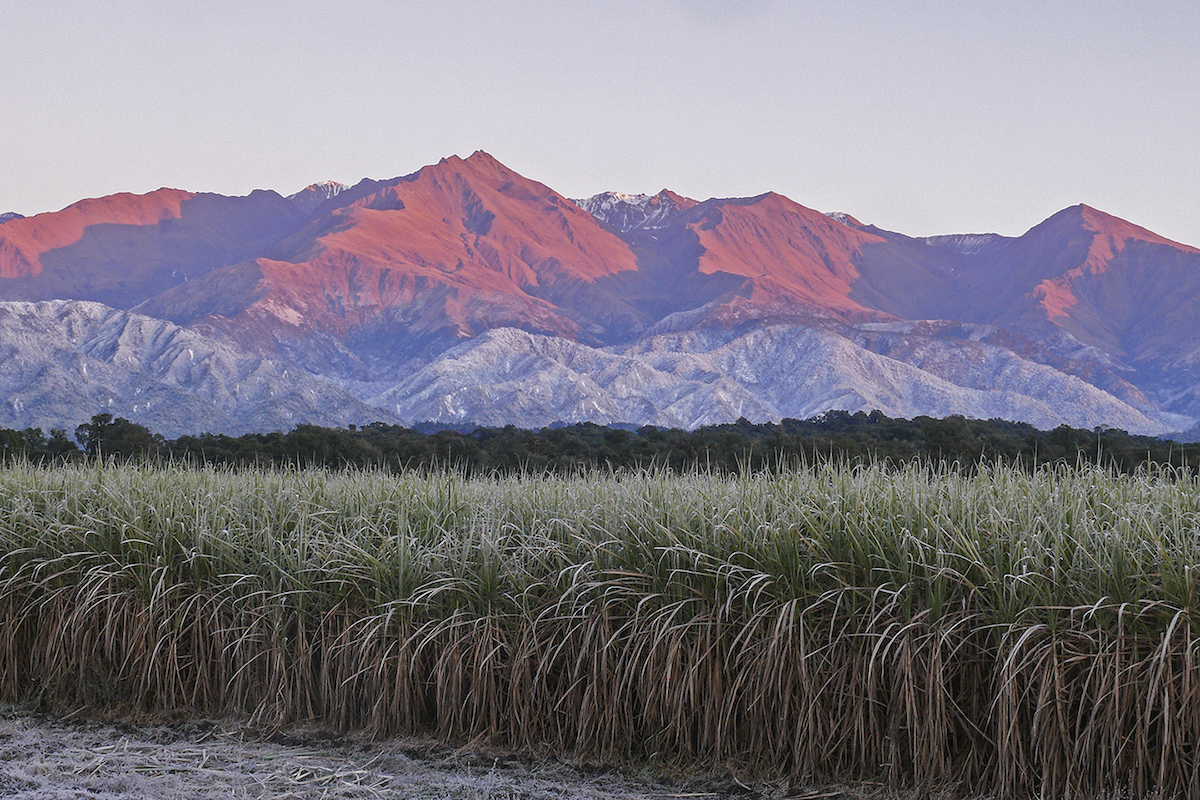In America and beyond, the spirit behind public lands is at risk
By Hansjörg Wyss
This opinion piece first appeared in The Guardian on December 17th, 2017
There is no better place from which to take measure of our wild planet and to draw hope from humanity than the summit of a mountain. It was the view from Pikes Peak, after all, that inspired Katharine Lee Bates to write America the Beautiful. One cannot help but feel wonder and grace at the sight of “purple mountain majesties” from above.
My first climbs in the Rocky Mountains as a graduate student in 1958 changed my life. I was awed by Longs Peak and Colorado’s rugged backcountry. I was also left with an indelible sense of appreciation that those places were not only protected, but open and free for everyone to experience and explore.
The democratic ideal embodied by America’s national parks, national forests, and public lands stood in sharp contrast to my experiences in Switzerland where I grew up; so many of Europe’s forests and streams are owned by the powerful and locked behind fences or castle walls.
Today, this American invention of public land conservation is spreading around the world. New wildlife reserves are opening in Malawi and Rwanda. Peru and Argentina are creating new national parks. Leaders in Mexico and Canada are pursuing bold visions for new protected areas.
Aconquija National Park and National Reserve, Argentina
Wherever philanthropic support can help – whether in the Crown of the Continent in Montana, along the Penobscot river in Maine, or in the grasslands of central and east Africa – I have been eager to use my good fortune to help communities conserve public lands and waters near them.
Yet today, after six decades of scrambling toward summits, I am troubled by two trends.
First, I am worried that – despite real and meaningful progress on conservation around the world – that we are not moving nearly fast enough to save the last remaining wild places on our planet.
Scientists are documenting an extinction crisis whose magnitude we are only beginning to grasp. The planet’s wildlife, from whales to insects, are going extinct at a rate that is as much as 1,000 times higher than before human activities began to reconfigure the earth’s land cover.
The ecologist EO Wilson predicts that, unless we take bold steps to protect land and ocean habitats for wildlife, half of the Earth’s species could go extinct by the end of this century.
Second, I fear that Teddy Roosevelt’s idea of conserving lands for public use, not private use, is at risk – both in the United States and around the world.
Extractive industries are relentlessly pushing to weaken safeguards for existing protected areas, such as by reducing the size of national monuments in Utah or through illegal logging operations in the Amazon.
Meanwhile, government policies, including recently proposed fee hikes at America’s national parks, can price many families out of their own public lands.
Even wealthy philanthropists – often motivated by the noble intention of preserving natural wonders – are too often buying and keeping large land areas in private ownership, off-limits to the broader public. In Wyoming, where I live, and Montana, millions of acres of prime hiking, fishing, and hunting grounds are being locked behind fences, accessible only to the elite.
The truth is: earth’s wild places cannot be saved by the hands of a few. The fate of our natural world depends on our collective ability to conserve our planet and share its bounties with one another.
To slow the disappearance of natural areas, policy-makers must become evangelists for public lands. And citizens must exercise their rights as owners of public lands and oceans, and speak up to safeguard their national parks, forests, and marine sanctuaries for future generations.
For their part, philanthropists, foundations, and non-profit organizations must both redouble their support for community-led conservation initiatives and safeguard wild areas in public (not private) trust.
For as long as my legs and lungs will allow, I will gratefully explore our valleys and plains, and never cease to be awed by the views of the “fruited plain” that only come from a mountain summit. And I will never stop appreciating the conservation ideal that America gifted the world: that in protecting our natural wonders we ensure that people feel pride in their ownership and be free to enjoy them. Each investment we make in conservation is an enduring investment in democracy.

